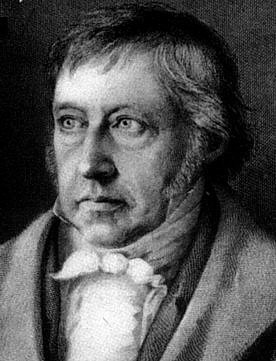Link
0 notes
Link
0 notes
Link
0 notes
Link
0 notes
Link
0 notes
Link
0 notes
Link
1 note
·
View note
Link
0 notes
Text
Eros
“Eros was the Greek god of love, son of Aphrodite and either Ares or Hermes. In some myths, he was considered a primordial god, a child of Chaos, who blessed the union of Gaia and Uranus after which the universe came into existence.Especially in later works by satirical poets, he was depicted as a blindfolded male, who, carrying his bow and arrow, could target any human being and make them fall in love with the first person they would see. One of the most prevalent myths in ancient Greece was that of Eros and Psyche; according to it, Aphrodite was jealous of the beauty of mortal princess Psyche and told her son to make her fall in love with the ugliest creature on earth. However, Eros fell for her instead and took her to his divine abode. However, Psyche's jealous sisters led Psyche to betray Eros, who abandoned her; Psyche, wandering the Earth for her lost love, approached Aphrodite for help. Aphrodite created a series of tasks for Psyche which she successfully passed, and hence, Aphrodite decided to concede. Since then, Psyche became immortal and united with her husband. They had a daughter, Hedone (meaning bliss).” The text is taken from: https://www.greekmythology.com/Other_Gods/Eros/eros.html

0 notes
Link
361 notes
·
View notes
Link
“Donald Trump’s bold promises earlier this week to finally blow the lid off the JFK assassination mystery by declassifying reams of secret documents turned out to be a gigantic tease. The National Archives ended up making public only a fraction of the JFK documents last night.Still, the 2,800 papers included in the new document dump confirm some salacious details of America’s decades-long quest to kill or depose Fidel Castro — including a fairly shocking plan by the CIA to sow terror in Miami.
The basic idea was to turn world opinion against Castro and possibly justify a U.S. military invasion by pinning the atrocities on him. The details of the sinister plot are included in a summary about Operation Mongoose, a 1960 covert op hatched by the CIA under President Dwight Eisenhower with the aim of toppling Communist Cuba.
The campaign was included in a report on “pretexts” the U.S. could conjure up to justify a military intervention in Cuba. The paper was sent by Gen. Edward Landsdale, a top Cold War officer who worked with the CIA to plot out Operation Mongoose; he sent the report, which included nine other “pretexts,” on April 12, 1962, to Gen. Maxwell Taylor, who would soon become chairman of the Joint Chiefs of Staff. Here’s how the report described the plan:

Just to reiterate how crazy this idea is: The CIA thought about blowing stuff up in Florida and murdering innocent refugees simply to make Castro look bad.
Thankfully, that plot was apparently never carried out. The Mongoose doc includes other frightening plots hatched by the spooks in Washington, including an idea to use biological weapons to ruin Cuba’s crops, possibly leading to famine and an uprising against Castro:

That plan was also apparently spitballed. Operation Mongoose has hardly been a secret. The covert project, which for a time was headquartered in a secret base in Opa-locka, has long been studied by Cold War scholars and JFK conspiracy buffs. It’s not even immediately clear whether the details about sowing terror in Miami are new, though a quick web search doesn’t yield any stories about that particular idea. (Update: As some astute readers have noted, much of the newly posted Mongoose details at the National Archive were already released as part of a plot called Operation Northwoods, which President Kennedy reviewed but rejected.)
Other documents confirm some of the sillier pieces of the plot, including the CIA’s infamous plans to use absurd devices, such as exploding cigars, to kill Castro. The newly released papers include reports detailing plots to use a poisoned wetsuit and an exploding seashell to murder him and describe the CIA’s willingness to collaborate with the Mob to oust the Communist leader.”
8K notes
·
View notes
Quote
Where does a thought go when it’s forgotten?
Sigmund Freud (via memoryslandscape)
248 notes
·
View notes




